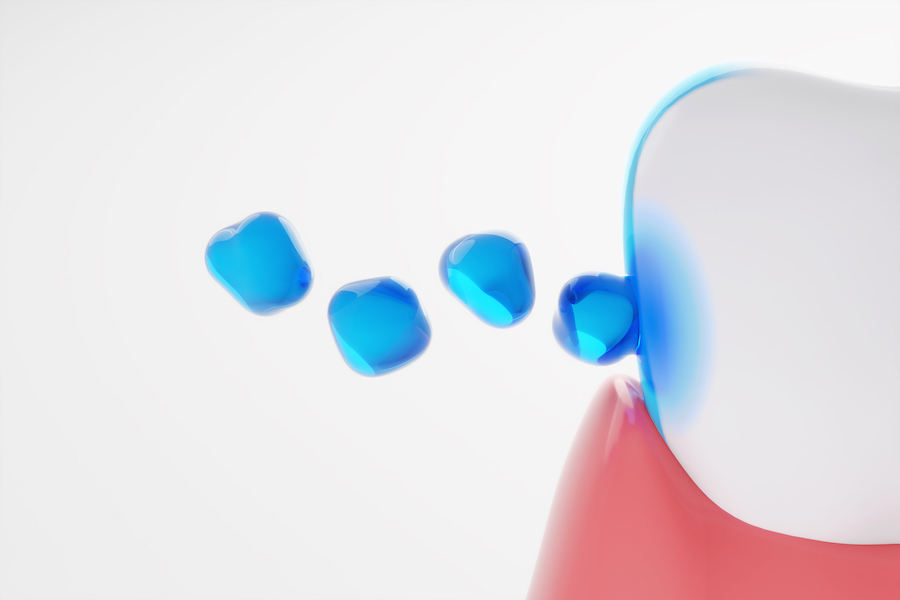
Fluoride in Foods: What You Need to Know for a Healthier Smile
November 30, 2023 9:00 amWhen we think of fluoride, we often associate it with toothpaste or dental treatments. However, did you know that fluoride is also in various foods? In this blog, we’ll explore the role of fluoride in food and its impact on your oral health, helping you make informed choices for a healthier smile.
The Benefits of Fluoride for Oral Health
Fluoride is a mineral that is known for its remarkable benefits for teeth. In many cases, fluoride applied in a safe dose can:
Strengthen Tooth Enamel
Promote Remineralization
Foods with Fluoride
Many foods and beverages naturally contain fluoride or are fortified with it. There are plenty of options to get fluoride-rich foods in your diet. Some common foods include:
Starches: Rye, oat, bran, and buckwheat are solid sources of fluoride. Nuts like walnuts, cashews, and almonds also contain fluoride.
Seafood: Fish and shellfish, particularly when consumed with bones, can provide dietary fluoride.
Fruits and Vegetables: Certain fruits and vegetables, like grapes, raisins, spinach, and potatoes, may contain trace amounts of fluoride.
Practical Tips for a Healthier Smile
If you want to ensure healthy tooth enamel, it can be helpful to incorporate the following practices:
Drink Fluoridated Water: If water is fluoridated, make it your beverage of choice. It’s not only hydrating but also beneficial for your oral health.
Enjoy Tea: Regularly sipping on black or green tea can provide a natural source of fluoride. Just be mindful of any added sugars, which can counteract the benefits.
Maintain Good Oral Hygiene: While dietary fluoride can help, it’s not a substitute for proper oral hygiene. Continue to brush, floss, and receive fluoride treatments regularly.
Fluoride Treatments in Jonesboro, AR
Incorporating fluoride-rich foods into your diet can contribute to a healthier smile. However, we know that’s not always possible. At Wagner & Langston Family Dentistry, our team provides in-office fluoride treatments for those needing extra dental protection or if patients don’t receive fluoride through foods or drinks. Contact our office to learn more about protecting your smile!
Categorized in: Oral Health
